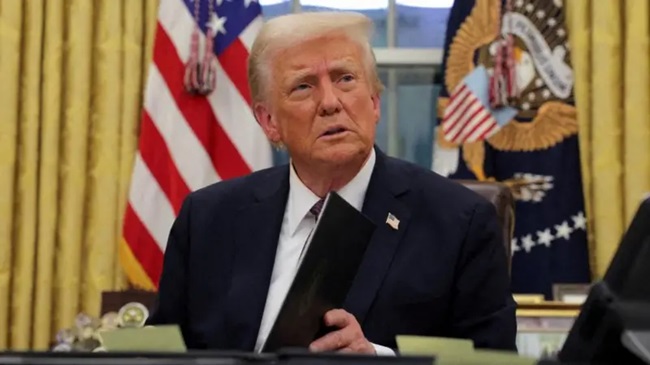Trump’s foreign aid freeze throws journalism around the world into chaos
Over the past two weeks, United States President Donald Trump has frozen billions of dollars around the world in aid projects, including more than $268 million allocated by Congress to support “independent media and the free flow of information.” Since the new American president announced the freeze of U.S. foreign aid, USAID (United States Agency for International Development) has been in turmoil: its website is inaccessible, its X account has been suspended, the agency’s headquarters was closed, and employees were told to stay home. Elon Musk, whom Trump chose to lead the quasi-official Department of Government Efficiency, called USAID a “criminal organization” and said, “We’re shutting down.” Secretary of State Marco Rubio announced that he was named acting director of the agency, suggesting its operations were being moved to the State Department.
USAID programs support independent media in more than 30 countries, but it is difficult to assess the full extent of the harm done to the global media. Many organizations are hesitant to draw attention for fear of risking long-term funding or coming under political attacks. In Ukraine, 9 out of 10 media outlets rely on USAID funding. In Cameroon, the funding freeze forced DataCameroon — a public interest media outlet based in the capital Douala — to put several projects on hold. An exiled Iranian media outlet – who preferred to speak anonymously – was forced to suspend collaboration with its staff for three months and slash salaries to a bare minimum in an effort to ensure its survival.
Reporters Without Borders (RSF) urges President Trump to reverse this decision, which has plunged NGOs, media outlets, and journalists doing vital work into chaotic uncertainty. RSF calls on international public and private support to commit to the sustainability of independent media.
Culled from RSF





